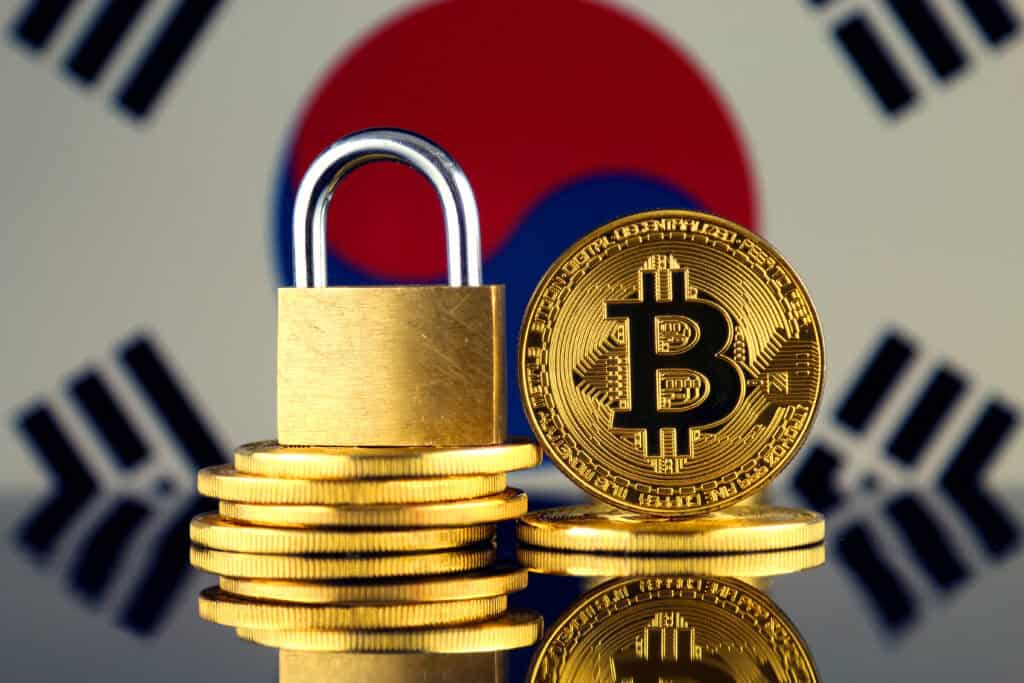
Key Takeaways:
- South Korea is transforming its crypto crime unit into a permanent department, enhancing its authority to combat crypto-related crimes, due to increasing enforcement needs.
- The unit is expected to face a significant increase in caseload following the implementation of the Virtual Asset User Protection Act, which introduces severe penalties for major crimes.
- Alongside departmental changes, broader cryptocurrency regulations are being implemented, including stricter oversight of exchanges and postponed taxation measures.
South Korea is moving to upgrade its crypto crime unit from a temporary entity to a permanent department in response to increasing enforcement actions.
The South Korean Ministry of Justice and Ministry of Security and Public Administration are spearheading this initiative, as noted in a report by the local news outlet Segye Ilbo.
🗞️ Crypto News
— CoinMarketCap (@CoinMarketCap) April 29, 2024
South Korea is combating the increasing incidents of cryptocurrency-related crimes and fraud cases by transitioning its temporary crypto investigative unit into a permanent one.
🔗 https://t.co/gjQ74FJhcR#CryptoNews
Key discussions concerning budget allocations and prosecutor appointments are scheduled for the beginning of next month.
The unit, linked to the Seoul Southern District Prosecutors’ Office, has operated temporarily and could be dissolved at the discretion of the government until now.
Established in July, the unit comprises approximately 30 experts and collaborates with seven government bodies, such as the Prosecutor’s Office, Financial Supervisory Service, Financial Intelligence Unit (FIU), and National Tax Service.
Its elevation to a permanent department status is poised to facilitate equal interaction with both domestic and international government agencies.
🚨South Korea to Upgrade Crypto Crime Unit as Suspicious Transactions Surge pic.twitter.com/pAyKtGtxQb
— Adrian Zduńczyk, CMT (@crypto_birb) April 29, 2024
Additionally, the impending Virtual Asset User Protection Act, effective from July 19, is expected to significantly increase the unit’s caseload.
This legislation envisions severe penalties, including life imprisonment, for major crypto-related crimes involving amounts over 5 billion won ($3.6 million).
Enforcement against virtual asset-related offenses has seen a notable rise, with a 48.8% increase in suspicious transaction reports in 2023 amounting to 16,076 instances, and a 90% surge in crime reports to authorities.
UPDATE: SOUTH KOREA PLANS TO MAKE ITS TEMPORARY CRYPTO INVESTIGATIVE UNIT PERMANENT, RESPONDING TO A SURGE IN CRIME AND FRAUD CASES IN THE INDUSTRY
— BSCN Headlines (@BSCNheadlines) April 29, 2024
Moreover, South Korea is implementing broader measures to regulate the cryptocurrency market.
Enhanced rules for token listings on local exchanges and increased oversight of exchanges are part of this year’s regulatory adjustments.
Exchanges failing to comply with standards set by the Financial Action Task Force are facing potential closures.
Crypto regulations have also become a focal political issue in South Korea, with major parties advocating for relaxed restrictions ahead of this year’s parliamentary elections.
🇰🇷 Political Campaigns in South Korea Offer Crypto Perks, Target Bitcoin ETF Access
— Cryptonews.com (@cryptonews) April 8, 2024
Political campaigns in South Korea are leveraging the country’s prominent crypto market to attract voters ahead of the parliamentary election.#CryptoNews #SouthKoreahttps://t.co/Ly8Rz7kwcL
President Yoon Suk Yeol’s administration has postponed a 20% tax on crypto capital gains initially set to begin in 2023, extending it to 2025, while simultaneously intensifying efforts to tax cryptocurrency transactions.

